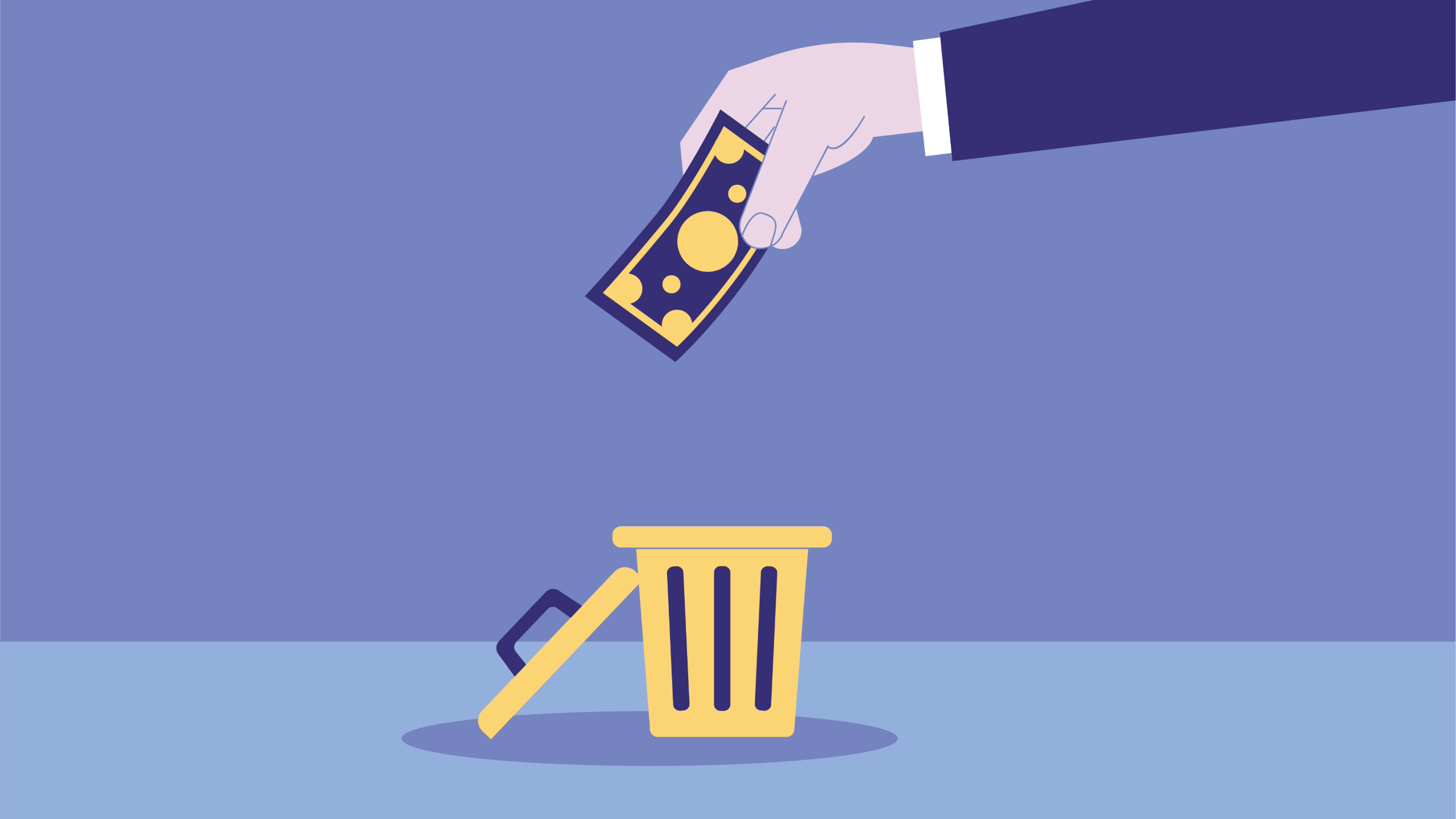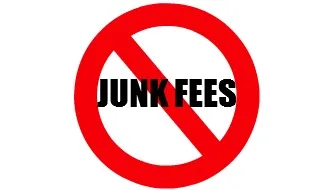As travel season heats up, so do the sneaky charges that come with it. Transaction fees, convenience fees, resort fees, and even unexpected surcharges like a “beef-cost surcharge” are becoming increasingly common.
The Rising Tide of Junk Fees
Alan Levine, a retired editor from New York, encountered this firsthand at a steakhouse in Moab, Utah, despite ordering chicken. These hidden fees, often dubbed “junk fees,” have proliferated, frustrating travelers who feel blindsided by these mandatory extras. Despite the government’s efforts to combat these charges, businesses continue to exploit them for profit. The recent lawsuit by the airline industry against the Department of Transportation (DOT) for attempting to mandate all-inclusive pricing on tickets highlights the resistance to change. However, travelers can take steps to avoid these fees and ensure they aren’t overpaying.

The Latest Junk Fees: Creative and Unjustifiable
Junk fees are not only widespread but are also getting more creative. Instead of the familiar resort fees, travelers like Phyllis Stoller, a tour operator, now encounter charges such as a $30-per-day “urban fee” at a Los Angeles hotel. This fee supposedly covers a daily newspaper, phone calls, and free internet. Stoller, like many others, didn’t notice the fee until she had already paid.
Other travelers have found similarly dubious charges. Robert Kraus, a meeting planner from Alexandria, Virginia, was hit with a 3% transaction fee at a Chicago hotel, purportedly for paying by credit card. When he offered to pay in cash, the fee remained. Alan Craig, the retired CEO of an automotive accessories company, faced a $2 surcharge at a hamburger restaurant with no explanation. These examples highlight the pervasive nature of junk fees, which can be buried in the fine print or sneakily added to bills. Businesses often refuse to remove these fees, leaving customers feeling deceived and overcharged.
Why do Junk Fees Persist?
Despite efforts to regulate and reduce junk fees, they continue to spread. The primary reason is profitability. Businesses, particularly in competitive industries like travel, use these fees to appear cheaper upfront while hiding the true cost of their services. Eric Chaffee, a law professor at Case Western Reserve University, notes that this tactic helps attract customers by giving the illusion of lower prices.
Airlines are notorious for this practice, adding fees for services that were once included, like checked baggage and seat selection. This lack of price transparency frustrates consumers but remains a lucrative strategy for companies.
Government intervention is met with resistance. For instance, a new California law banning many restaurant surcharges takes effect on July 1, but the restaurant industry is considering a lawsuit to fight it. While the law aims to eliminate deceptive fees, it still allows certain charges by car rental companies and dealerships, demonstrating the challenges in fully eradicating junk fees.
Avoiding Junk Fees: Practical Tips
Travelers can take proactive steps to minimize or avoid junk fees:
- Read the Fine Print: Pay close attention to terms and conditions, whether on websites, emails, or during phone reservations. Being aware of potential fees helps you avoid unexpected charges.
- Join Loyalty Programs: While loyalty programs have their downsides, they can offer benefits like waived baggage fees. However, be cautious of high annual fees associated with some co-branded credit cards.
- Choose Fee-Free Providers: Support companies that oppose junk fees. Southwest Airlines, for example, does not charge for checked or carry-on luggage. Many major car rental companies also quote all-inclusive prices. By choosing these businesses, you send a message that fair pricing matters.
What to Do When Charged a Junk Fee?
Even with precautions, you might still encounter junk fees. If you do, take these steps:
- Request Removal: Politely but firmly ask the business to remove the fee. Explain your dissatisfaction and why you believe the charge is unjustified.
- Avoid Future Business: If the fee remains, decide not to patronize the business again.
- Spread the Word: Warn others about your experience through social media, online reviews, or letters to the editor. Publicly sharing your story can pressure businesses to change their practices.

By staying vigilant and informed, travelers can navigate the minefield of junk fees and enjoy their trips without unnecessary expenses.
